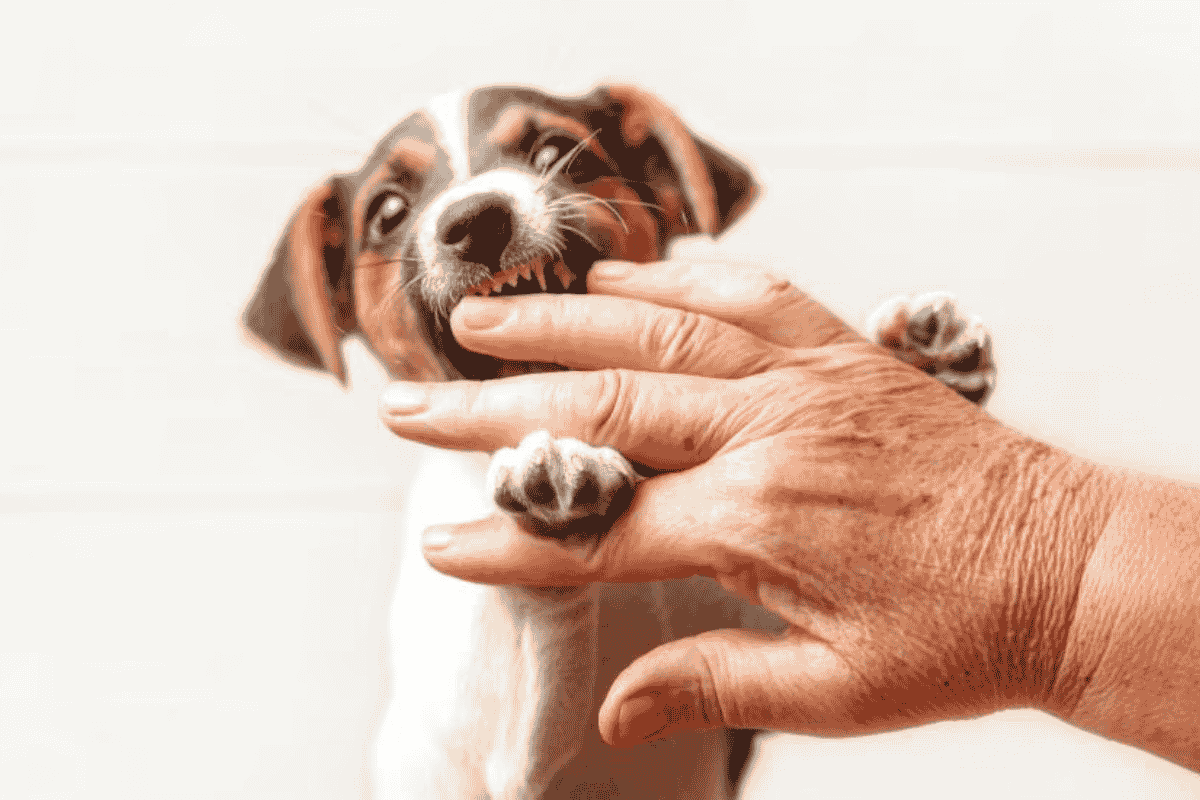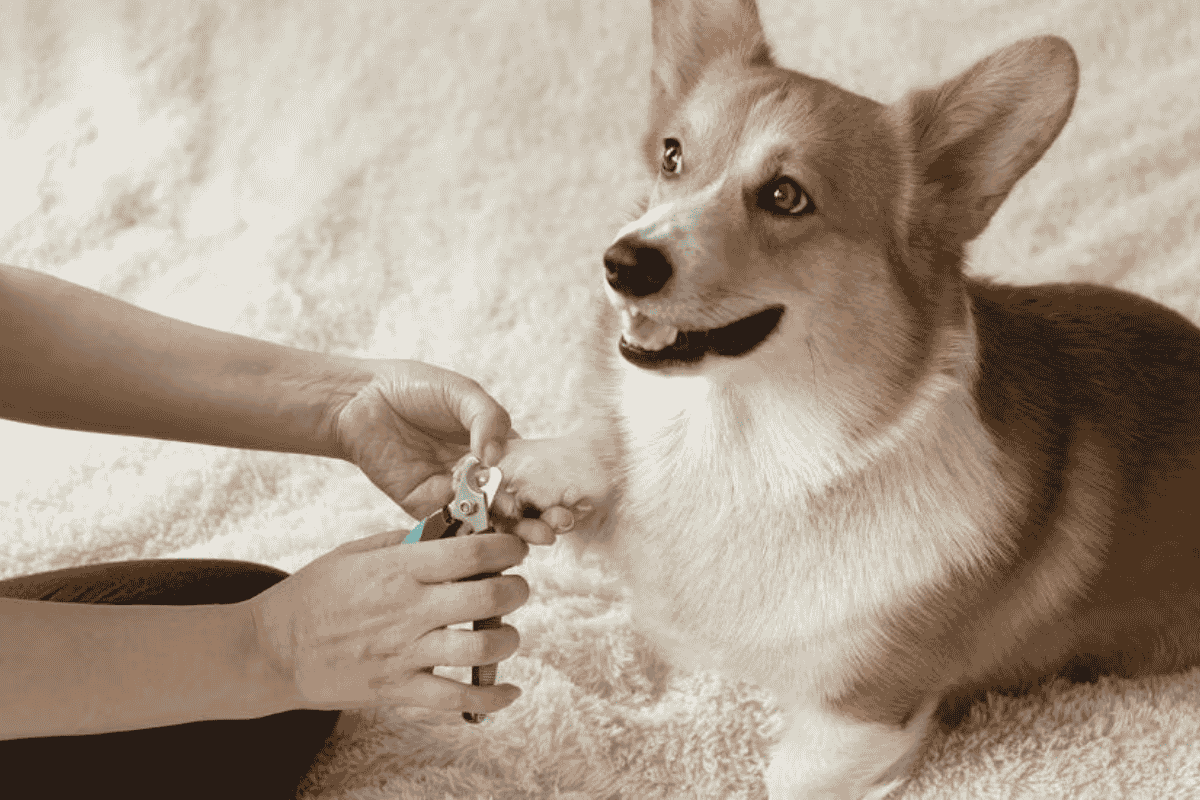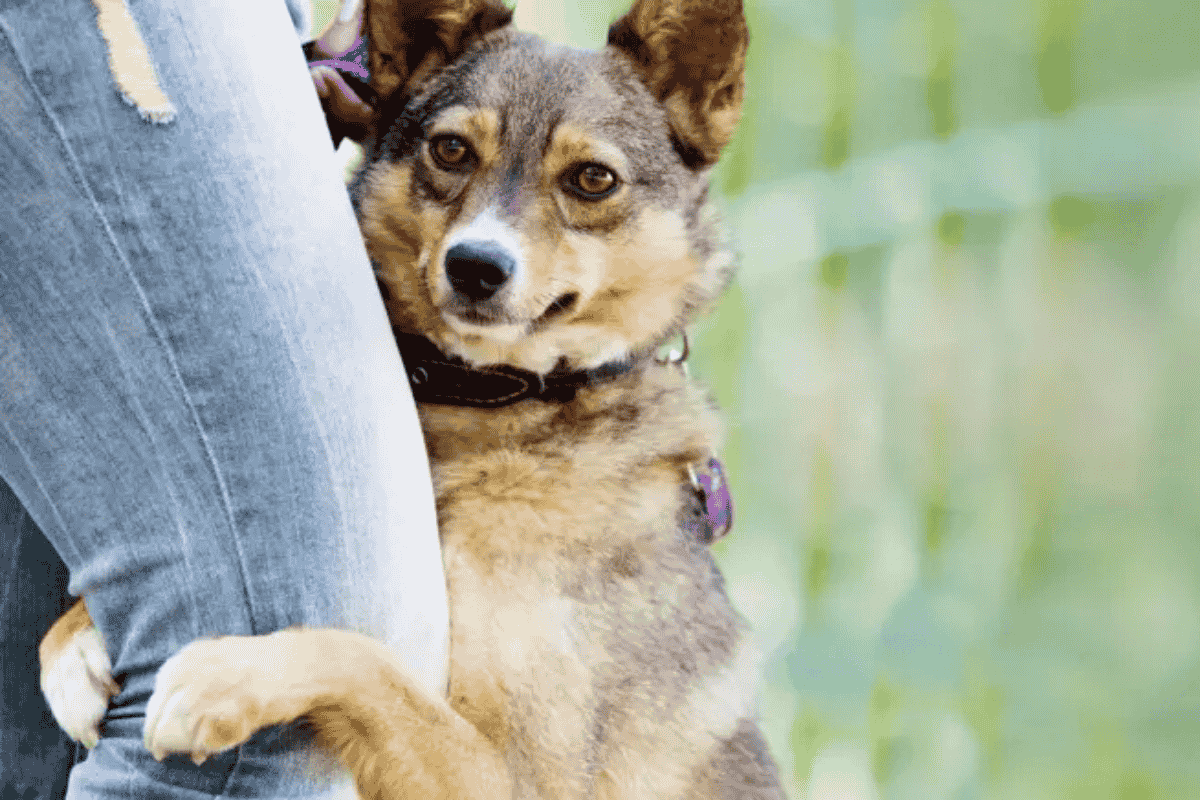If you’ve ever played with a dog, you’ve probably noticed them mouthing your hands or arms. While mouthing is not the same as biting, it can still be painful or even accidentally break the skin.
Understanding why dogs mouth and how to train them out of it will help you create safer and more enjoyable playtime.
Why Dogs Mouth
Mouthing is a natural canine behavior that usually happens during play or when a dog is overexcited.
- Puppies: Explore the world with their mouths, and teething makes mouthing satisfying.
- Learning bite inhibition: Dogs discover how hard they can bite through cues from people and other dogs. When dogs play together, a sharp yelp signals that a bite was too hard — teaching them to control pressure.
Steps to Teach a Puppy Not to Mouth
Puppies are still learning bite inhibition, so training focuses on teaching gentleness.
- React appropriately: If your puppy mouths your hand, say “Ouch!” in a loud, surprised voice.
- Remove your hand calmly: Avoid jerky movements that may seem playful. Place your hand at your side or behind your back.
- Pause before re-engaging: Wait a few seconds for your puppy to settle down.
- Try again: Pet your puppy calmly. If they mouth again, repeat the steps.
- Reward gentle play: When your puppy doesn’t mouth, praise them and redirect to a toy. Encourage play with fetch or tug games instead.
Steps to Teach an Adolescent or Adult Dog Not to Mouth
Older dogs may mouth during play, but the training approach is slightly different.
- Redirect with a toy: Keep toys nearby. If your dog mouths you, quickly offer a toy and engage them in play.
- Disengage if needed: If the dog continues to mouth, stop interacting. Use a calm verbal marker like “uh-uh.”
- Reward calm behavior: Once the mouthing stops, reward gently with petting or calm play.
- Step away if overly aroused: If your dog escalates and won’t stop mouthing, remove yourself until they settle down.
The Importance of Consistency
For dogs to understand that mouthing is unacceptable, everyone must follow the same rules.
- Do not allow mouthing with some people and forbid it with others.
- Ensure family members, friends, and visitors know the training steps.
- Provide consistent redirection and reinforcement every time.












